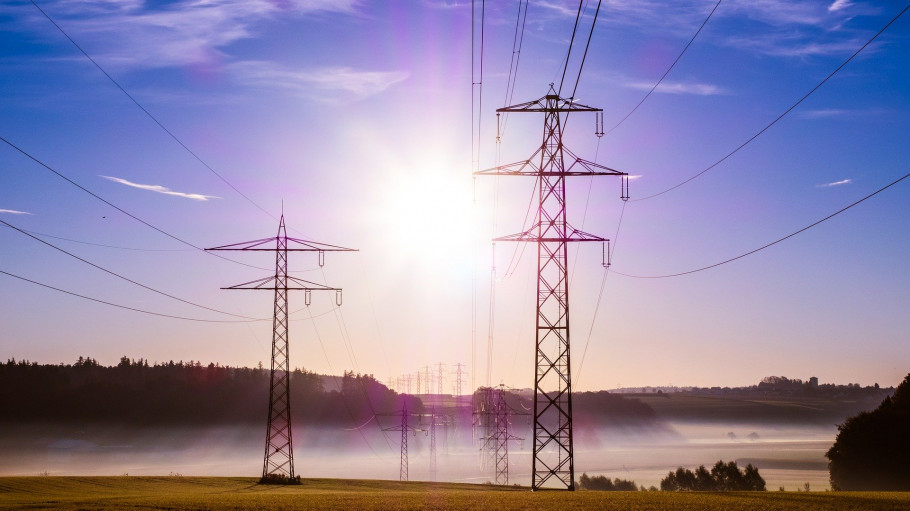

The production of steel is a highly energy-intensive process, whether it is through the 'primary' production route using a blast furnace and basic oxygen furnace, or via the 'secondary' route in electric arc furnaces.
The primary route, which generally produces new steel from virgin raw materials, presently relies primarily on coking coal, which is both the reductant and a major source of energy to melt the iron ore.
The secondary route, which is generally used to produce steel from scrap, uses electricity to melt the metal.
As such, both routes require significant amounts of energy of one form or another. However, European producers have been refining their processes and, since the 1960s, have cut energy demand by 50%, alongside a similar reduction in greenhouse gas emissions.
The European steel industry's transition to a low or carbon-neutral future will have a large impact on energy supply, because new technologies will require even larger quantities to power new, carbon-lean processes.
This energy transition being as expected, EU energy policy is even more important than before - to ensure that the European steel industry has access to sustainable, affordable energy.
Energy-intensive industries (EIIs) provide direct employment to around 2.6 million people in the EU and represent the foundations of critical and strategic value chains for the EU economy and society. The current economic and energy outlook of the European Union is making investments in electrification and the continued business operation of our sectors at serious risk, should the energy-cost challenge not be solved.
Brussels, 24 February 2026 - Europe’s energy-intensive industries have set out a series of proposals to ensure that the EU’s upcoming Electrification Action Plan delivers on its objectives to stimulate and boost electricity consumption in industry. In a joint position paper, industries warn that persistently high electricity prices risk undermining industrial competitiveness and decarbonisation efforts. They call for a policy framework that will enable EU industry in pursuing decarbonisation and industrial competitiveness.
A milestone occasion to quickly and effectively restore affordable electricity, to relaunch the
decarbonization and strengthen the international competitiveness of the European steel
industry.